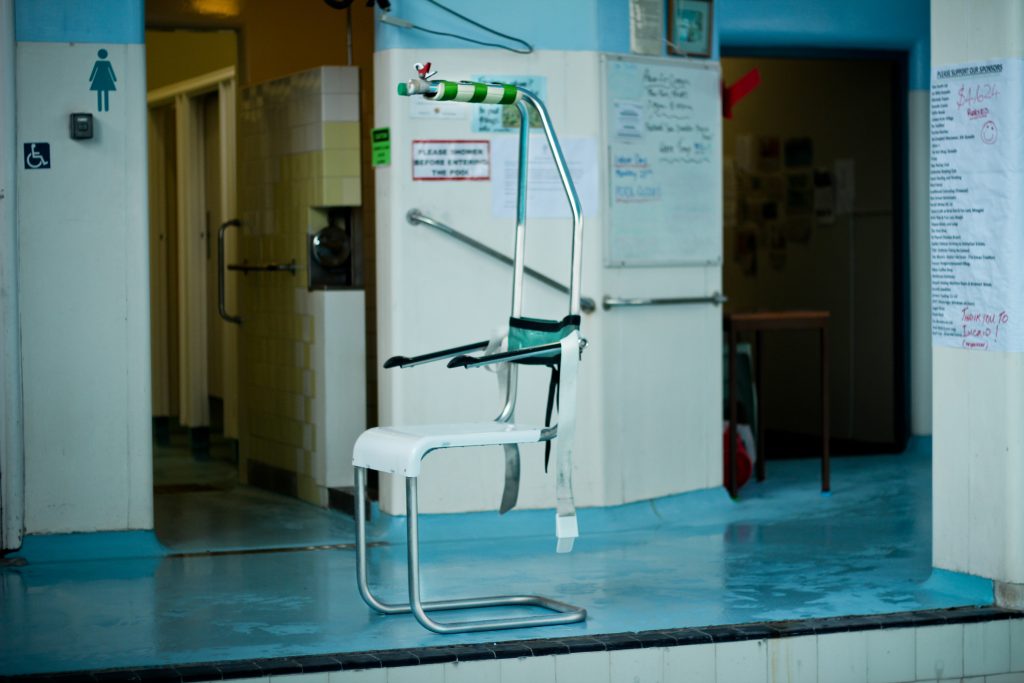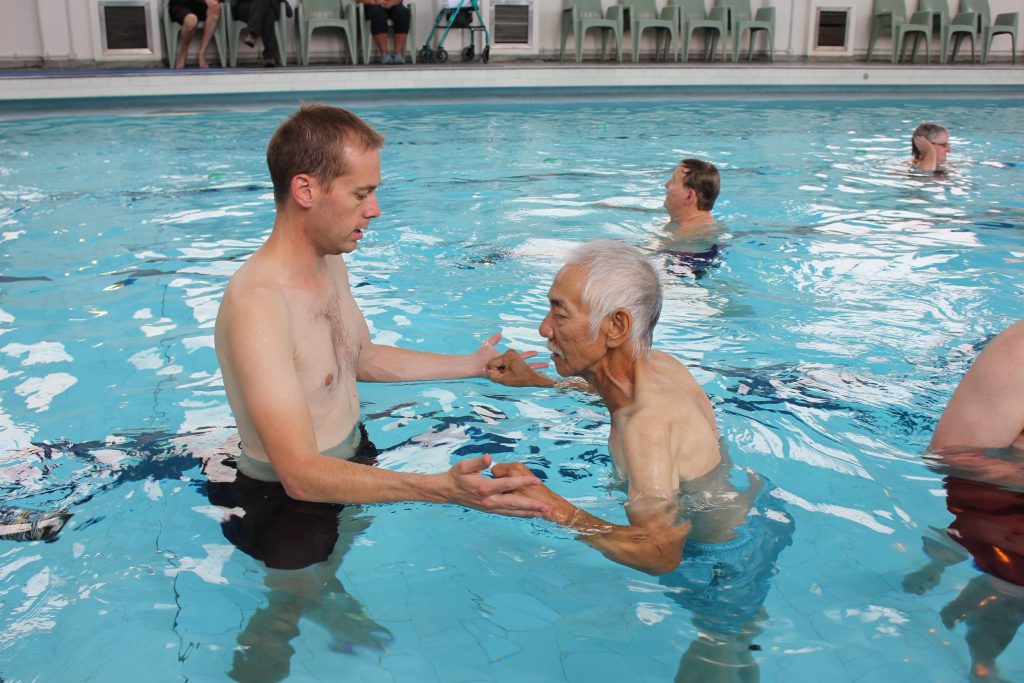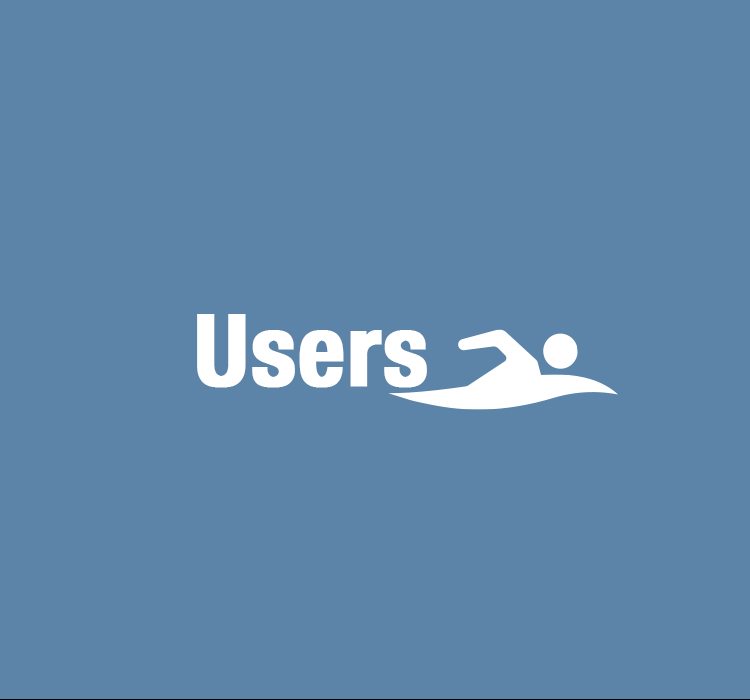Physio Pool User Demographics
With around 40,000 attendances per year (had been up to 80,000 prior to necessary public admission charges rising), over 90% of these users of the Physio Pool were over 65 years of age, and had a diagnosed injury or illness and often co-morbidities, including:
- Cardiovascular disease
- Orthopaedic injury or illness
- Neurological injury or illness
- Paediatric health issues
- Pain or movement disorders
- Mental health conditions
- Significant mobility issues.
These users often preferred attending the Physio Pool rather than other facilities at other community pools due to a number of barriers for the disabled at the other pools, including:
- Distance from public transport (Mosgiel relies on patients being delivered by a taxi or their own vehicle) – the closest bus stop is a 20-minute walk, the bus from Dunedin is 40 minutes, and if you need to get a bus to the bus hub from your home, then catch the Mosgiel bus… It’s longer still.
This compares to the Physio Pool, which, being centrally located, is less than a 10-minute walk on the flat from Dunedin’s bus hub.
- Access to the water from the change area is a long and difficult walk for many at Moana
- Access to the facility – Mosgiel is on the flat, but transport is required as above
- Water and air temperatures in other pools are too cold for individuals with limited mobility
- Depth not as suitable for aquajogging – the new Mosgiel Pool is not deep enough
- Hectic, busy environment – not easy for the disabled to cope with high levels of noise, children playing, and hence patients often feel overwhelmed in non-therapeutic pools.
- Disability visibility – patients are often shy about showing their disability in public pools, preferring the therapeutic space of the Physio Pool for exercise sessions.
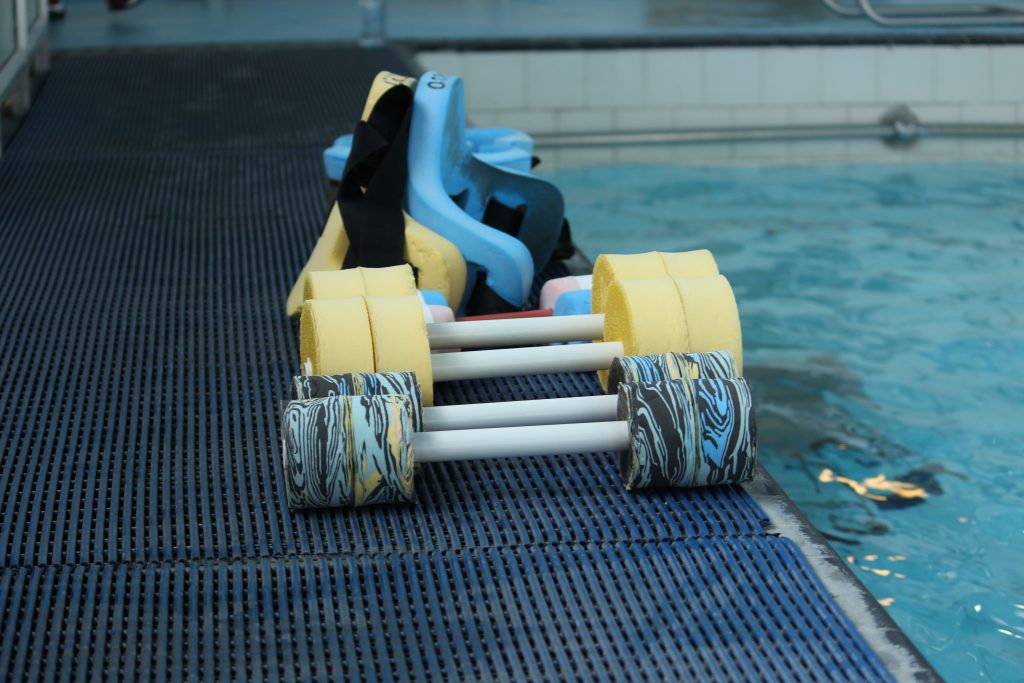
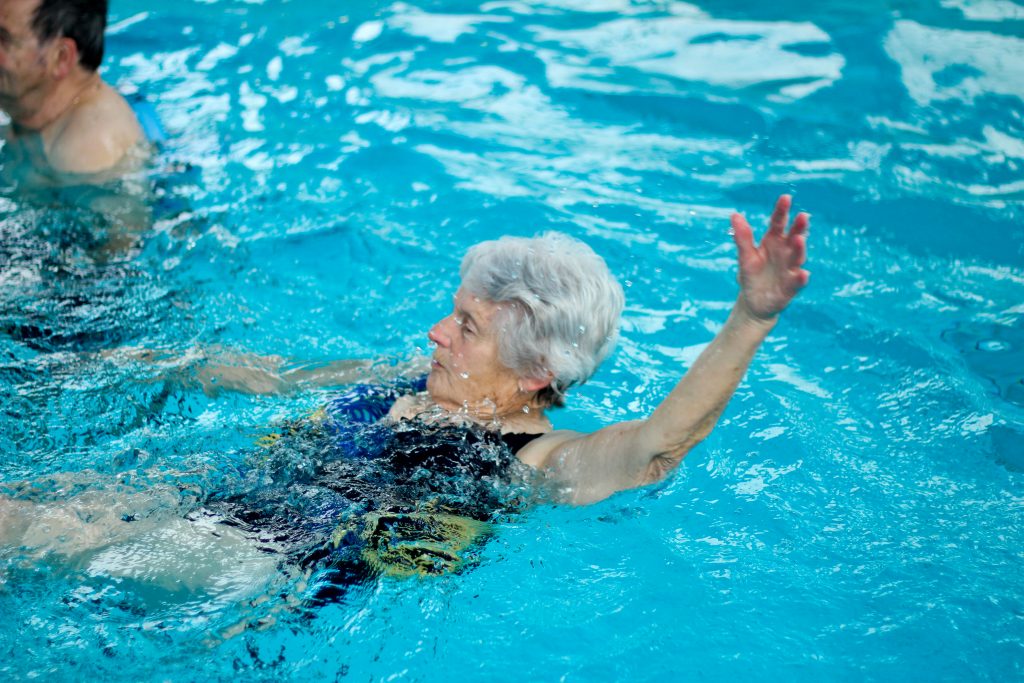
The Physio Pool is the only opportunity that these users have to exercise and meet the World Health Organisation’s recommendation of cardiovascular and resistance-based activity or exercise. It is therefore a key determinant of helping these individuals self-manage their conditions and prevent them from needing additional primary or secondary care.
Besides hospital patients attending during hospital-only sessions, private physio patients and individual attendees who rehab, exercise, swim or aqua-jog, there are user groups such as:
- Aqua-fitness groups
- Special Olympics – swimming group for the intellectually disabled
- Learn to Swim classes – for babies, preschoolers, school age, adults, and their assessments
- Muslim women’s swimming group (evening closed session times)
- Phoenix Club sessions for healthy heart rehabilitation (evening closed session times)
- Asthma Otago, Surf Lifesaving NZ, Sport Otago, Arthritis NZ, MS Society, along with the Heart Foundation, who are all represented on the Physio Pool Board of Management and have members and/or groups who utilise the facility regularly
- Vera Hayward Clinic, Dunedin Hospital, for special needs children’s activity with their carers, family and staff
- Physiotherapy Outpatients Department, Dunedin Hospital
- Pre and post-surgery hydrotherapy rehabilitation to optimise orthopaedic recovery
- Physiotherapy Students from Otago University’s Physiotherapy School, as part of their University course
- Sunshine Club (closed session time)
- Lifeguard and water skills education for therapists
- Hydrotherapy training courses for qualified Physiotherapists
- Masters Games participants recovery sessions
- Women-only sessions are held monthly on a Sunday afternoon for women, girls and boys under 6
- Spinal injury patients’ hydrotherapy exercise and socialisation sessions with family and caregivers
- Previously, the DHB contributed towards the well-being of their staff by enabling access to the pool at no cost – eg during lunchtimes, before and after work
- Otago Researchers were utilising the Physio Pool before its closure.
